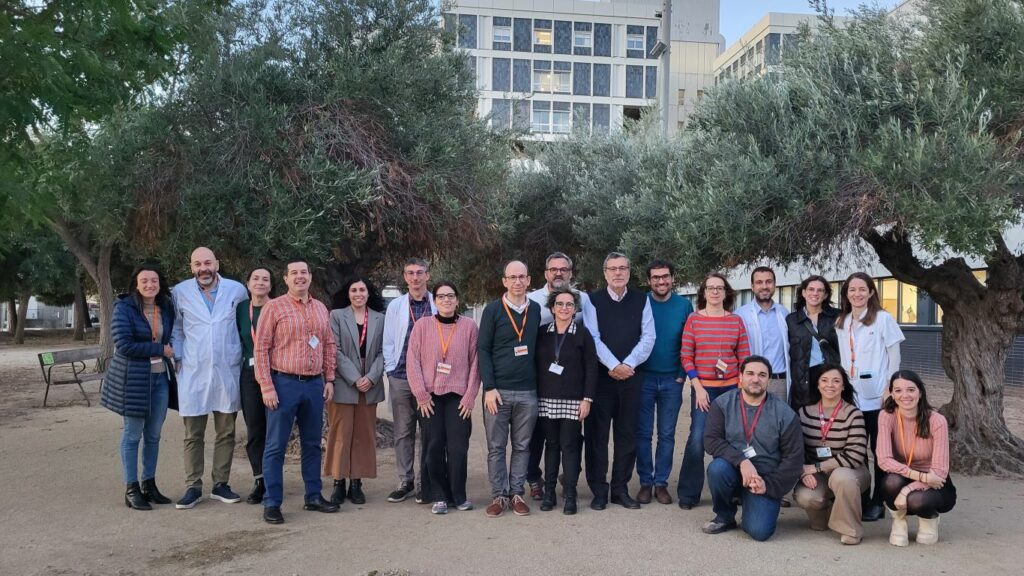A multidisciplinary research group made up of professionals from IDIBELL, Bellvitge University Hospital and the Catalan Institute of Oncology has evaluated the use of a massive sequencing platform to find mutations that predispose to the development of certain types of tumor or to help choose targeted therapies for each patient. The study has been published in ESMO Open and is the first publication of the Tumor Molecular Committee and the Core Laboratory of Molecular Analysis of the Bellvitge Campus, in which pathologists, oncologists, biologists, pharmacists, geneticists and bioinformaticians from the three institutions work together.
In this first evaluation, 200 patients with lung cancer were analyzed and potentially treatable alterations were detected in 26.5% of the cases. It is also observed that there is a greater survival in those patients in whom a therapeutic target is detected and who received the appropriate directed therapy, compared with those who did not receive it or with patients who did not present any target. Currently, it is essential to carry out a massive molecular study to be able to define the most optimal treatment for patients with lung cancer.
Massive sequencing
This massive NGS sequencing platform makes it possible to identify alterations in the DNA and RNA of more than 500 genes and also to evaluate other types of genetic markers such as microsatellite instability or tumor mutational load, which are of great utility in predicting the efficacy of immunotherapy. In addition to studying the most relevant genes in oncological clinical routine, it also allows analyzing other genes associated with the susceptibility to develop a tumor or molecular alterations that may be dependent on experimental therapies, a fact that can benefit patients and facilitate access to new therapeutic strategies.

